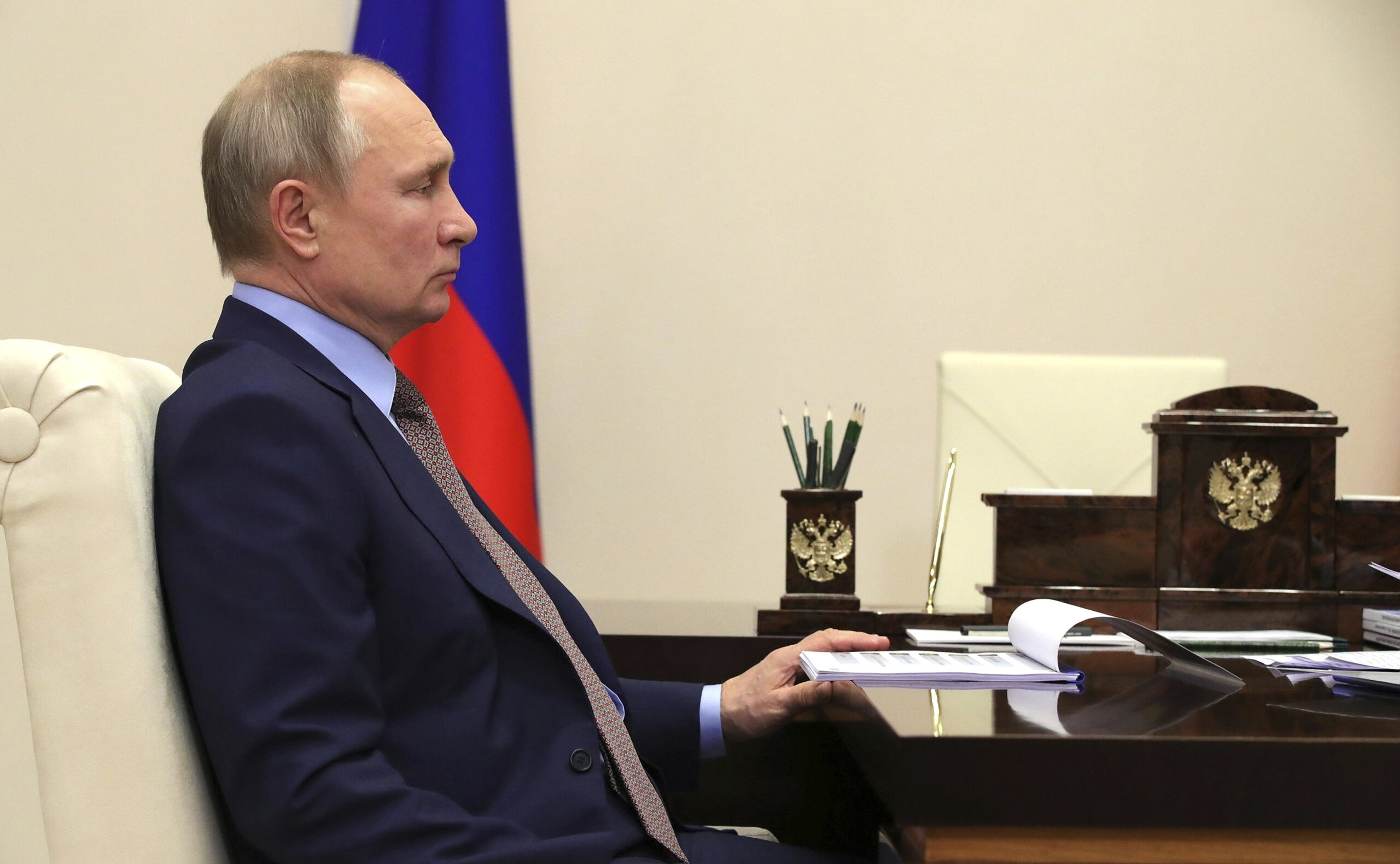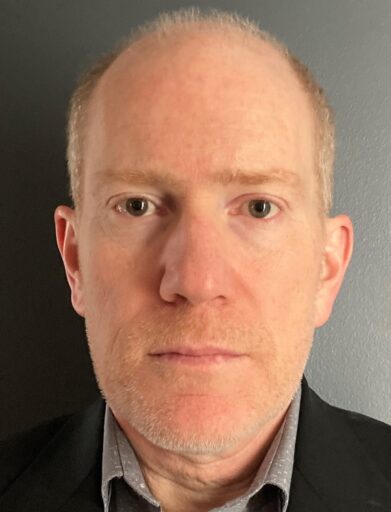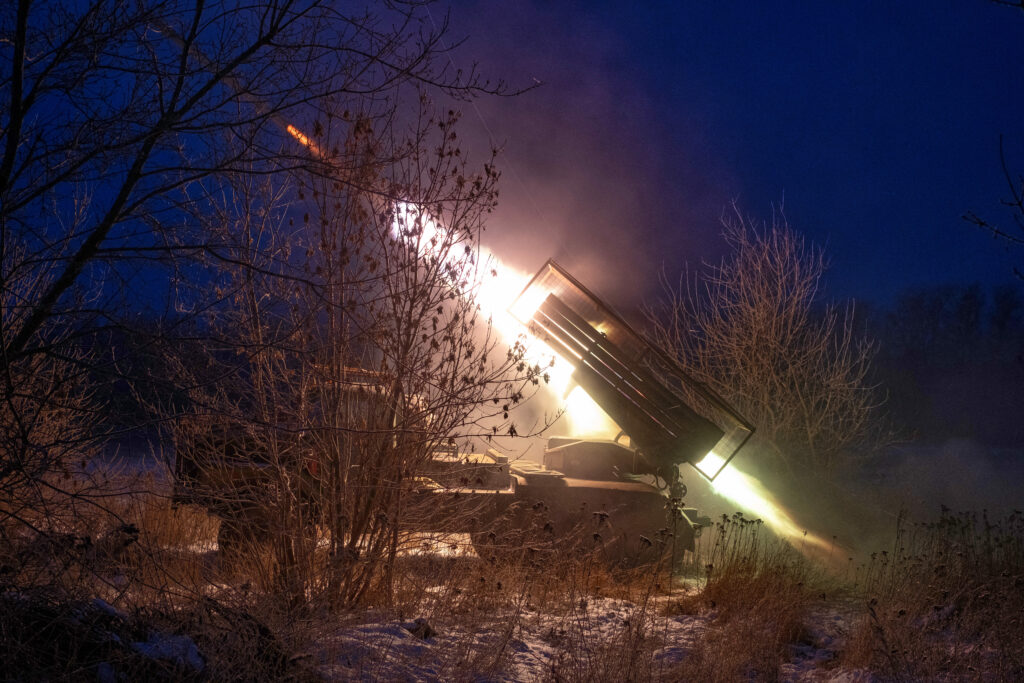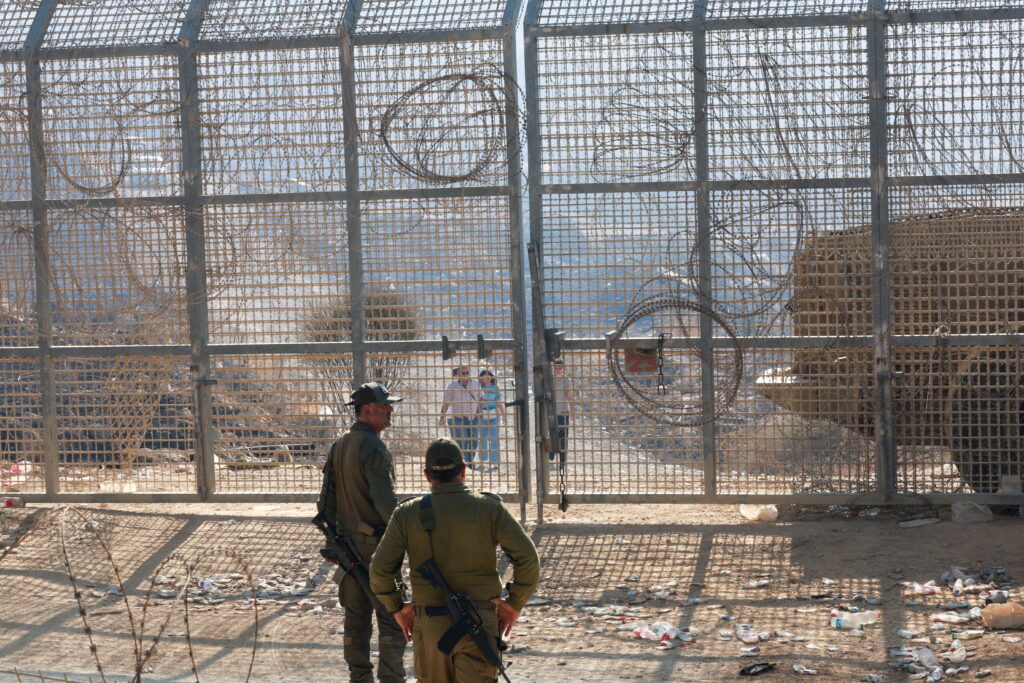Russian President Vladimir Putin’s all-out military invasion of Ukraine has people asking, to put it bluntly, «Has Putin gone mad?»
It’s easy to see why people would think that. On February 21 he hosted a surreal meeting of Russia’s supposed top decision-making body, the Security Council. Putin sat at a small table far away from the other members, who were called upon one by one to publicly demonstrate their support for his aggressive policies towards Ukraine. One member, a long-time KGB associate of Putin’s from Leningrad, was scolded like a naughty schoolboy when he messed up his lines.
Putin’s recent public statements have been angry, aggressive, and very dark. He labeled the democratically-elected government of Ukraine a «colony» and «puppet regime» of the United States and accused it of «Neanderthal and aggressive nationalism and neo-Nazism.» At a February 25 Security Council meeting he called Ukraine’s government «drug addicts» and «terrorists.» In his February 24 speech declaring the start of a «special military operation» against Ukraine, Putin accused the United States of waging a decades-long campaign to «finish off» and «completely destroy» Russia.
Respected Russian journalists and analysts were stunned. Several said they could no longer presume that Putin was rational, an assumption that had guided their analysis for 23 years. Another stated that the new Putin was «less pragmatic, and more emotional.»
Many attributed Putin’s radical change to his two years of self-imposed isolation during the global pandemic. The «grandpa in his bunker,» as he was labeled by imprisoned Russian opposition leader Aleksey Navalny, had seemingly narrowed his circle of advisors to a small group of like-minded yes men.
The truth is that Putin has always been an emotional and resentful leader with, shall we say, idiosyncratic ideas. Putin’s retreat to a «bunker presidency» may help explain his recent rash and aggressive actions and statements. Changing the rules of the game in 2020 so he could rule indefinitely also mattered. But there is a much longer history here.
As long ago as 2004, Putin implied that the US supported terrorists who carried out a horrific attack on a school in Beslan in which more than 300 people died, half of them children. «They want to cut from us a tasty piece of pie,» he said, to weaken Russia as a nuclear power. In the same speech he echoed a famous quote of Joseph Stalin, stating «We appeared weak. And the weak are beaten.»
In 2007 he compared the United States to Nazi Germany. Seven years later he called the United States «Big Brother» and accused it of spreading chaos by supporting «open neo-Nazis and Islamic radicals.» Later in 2014 he implied the ultimate U.S. goal was to break up Russia and redistribute its «immeasurable wealth.» His spokesman said Putin thought outsiders would only stop criticizing Russia when «we dissolve our army, concede all our natural resources to them…, and sell all of our land to Western investors.» If the Russian bear did not fight back, Putin said, «they will rip out his teeth and claws» and «hang our skin on a wall.»
Resentment about Russia being disrespected has been a common theme in Putin speeches since the very beginning. In 2000, during his first campaign for president, he burst out during an interview, «Anyone who offends us will not last three days.» One Russian expert close to former Russian President Dmitry Medvedev observed in 2014 that «Putin and his closest circle are overcome with feelings of humiliation and betrayal.»
Putin’s obsession with Ukraine and its alleged artificial statehood is also not new or surprising. From the beginning of his presidency, according to a former Kremlin official, Putin warned that Russia needed to do something or it would «lose Ukraine.» He told George W. Bush in 2008 that Ukraine is «not even a state!» and that a significant part of its territory «was given by us,» views he has repeated at length both in print and on TV in the past year.
Putin fundamentally does not believe that the Ukrainian people could ever freely choose Western-style democracy and association with Western institutions such as NATO and the European Union over ties with Russia. Ukraine’s natural historical and cultural tendency must be with Russia since they are «one nation.» Thus, when popular revolutions in 2004 and 2014 led to the triumph of pro-Western forces, Putin blamed the United States. He accused the Americans of «conducting experiments like on rats» and organizing a «coup d’etat» in Ukraine.
Putin has long exhibited the same attitude towards opponents of his regime inside Russia. In 2007 he stated that «those who oppose us… need a weak, sick state,» and accused them of being «jackals» scavenging for foreign support. When protests broke out in Moscow against rigged parliamentary elections in 2011, he blamed them on then Secretary of State Hillary Clinton.
Thus, in Putin’s mind Russia has been in a state of semi-war with the United States and the West for a long time. Many observers ignored these warning signs because they assumed Putin’s statements were mostly for domestic consumption, rather than a true reflection of his thoughts and feelings.
Putin’s war with the West, and his desire to bring Ukraine firmly under Russian control, has entered the most dangerous phase yet. The harsh and comprehensive sanctions imposed on Russia by the United States and its allies likely reinforced two long-standing beliefs in Putin’s mind: that America’s allies are simply «vassals,» and that the U.S. is out to weaken and destroy Russia. Rather than backing down, Putin is lashing out, intensifying the military assault on Ukraine.
We should not kid ourselves that Putin has suddenly gone mad. He has been harboring these grievances and dark ideas for a long time, and now he is acting on them. His self-isolation gave him time to stew in his resentments and watch with growing alarm as Ukraine moved closer to the West and cracked down on pro-Russian political and economic actors. Putin’s war of aggression against Ukraine is his biggest gamble yet, but his thoughts and feelings about Russia’s relationship with Ukraine and the West have been clear for a long time to anyone who was paying attention.










